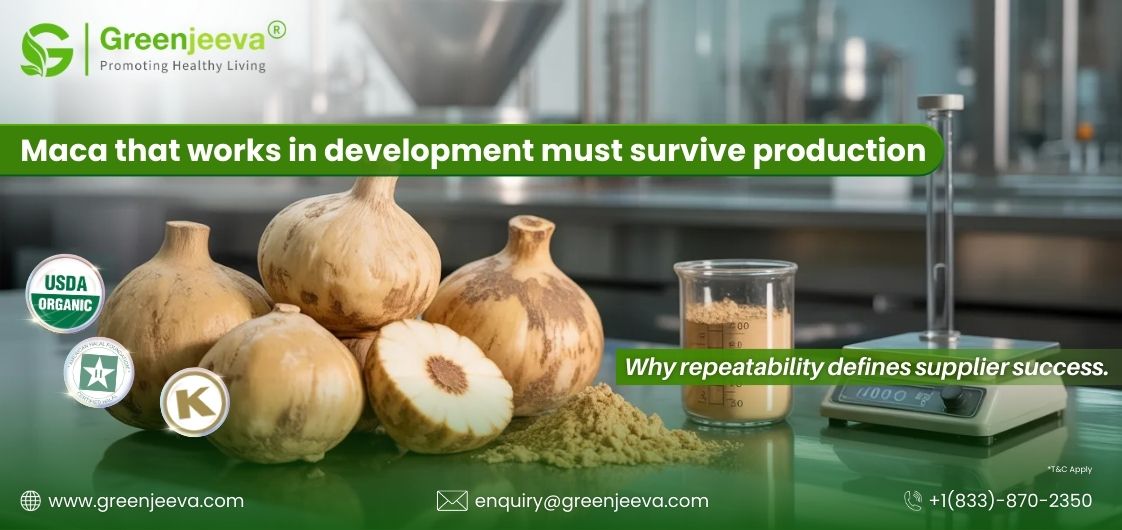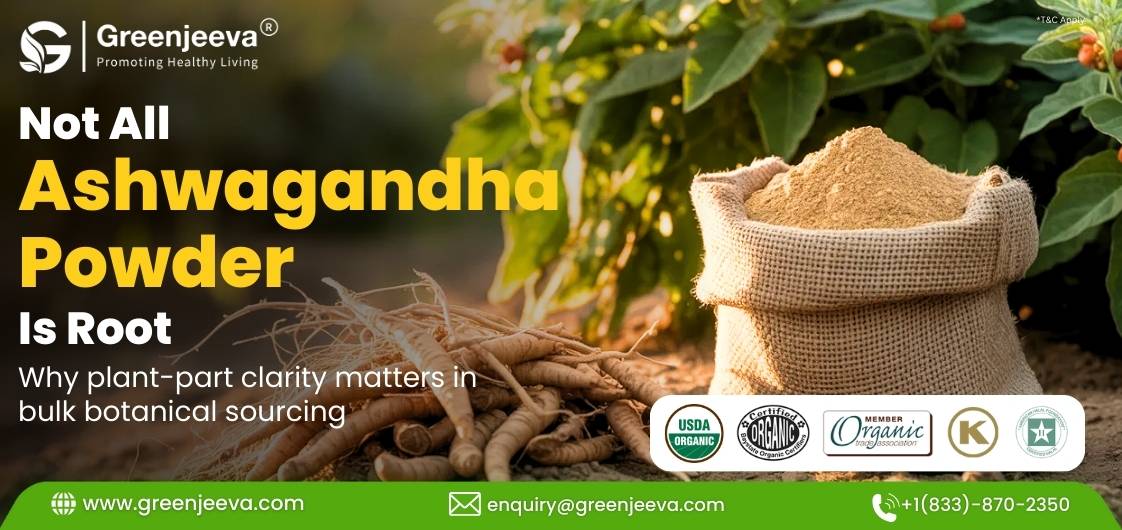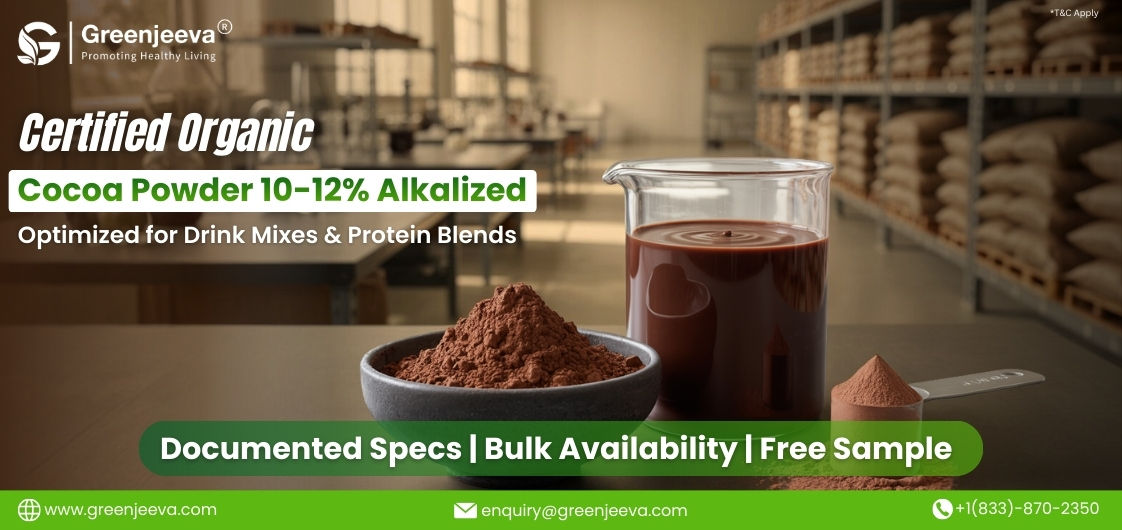Sourcing Traditional Medicinal Herbs: Overcoming Challenges for Holistic Wellness Products

In the ever-evolving world of healthcare and wellness, traditional medicinal herbs have gained significant attention for their potential health benefits. As the demand for natural and holistic remedies rises, sourcing teams face unique challenges in procuring high-quality herbs for B2B companies. In this blog, we delve into the sourcing challenges faced by teams. And shed light on strategies to overcome them, unlocking the full potential of traditional medicinal herbs.
Ensuring Authenticity and Quality
Sourcing teams must navigate the challenge of ensuring the authenticity and quality of traditional medicinal herbs. With a wide range of suppliers and varying quality standards, it is crucial to partner with reputable sources. Sources that adhere to strict quality control measures and provide transparent documentation on herb authenticity are critical.
Ethical and Sustainable Sourcing
Sustainability and ethical practices have become paramount considerations in sourcing traditional medicinal herbs. Sourcing teams must seek suppliers prioritising sustainable farming methods, fair trade partnerships, and conservation efforts. By aligning with ethical suppliers, B2B companies can demonstrate their commitment to responsible sourcing and meet the growing consumer demand for environmentally conscious products.
Consistency and Supply Chain Reliability
Maintaining a consistent supply of traditional medicinal herbs can be challenging due to seasonality, geopolitical risks, and natural disasters. Sourcing teams must develop strong relationships with suppliers, implement effective forecasting methods, and have contingency plans to ensure a reliable and uninterrupted supply chain. Collaboration and open communication with suppliers is crucial in mitigating supply chain risks.
Regulatory Compliance
Compliance with regulatory standards is critical to sourcing traditional medicinal herbs. Sourcing teams must stay updated on local and international herb sourcing, cultivation, and processing regulations. By working closely with suppliers who adhere to regulatory requirements, sourcing teams can ensure the legality and safety of the herbs they procure.
Exploring the Potential of Natural Ingredients: Sourcing Challenges and Solutions
Here are some raw ingredients known for their potential health benefits that sourcing teams must navigate challenges to procure:
Ashwagandha
Sourcing teams must find reliable suppliers of Ashwagandha, an adaptogenic herb known for its stress-reducing properties and overall well-being support.
Ginseng
Ginseng, valued for its potential to enhance mental and physical performance and boost immune function, requires careful sourcing to ensure its quality and efficacy.
Holy Basil
Trusted suppliers of Holy Basil, also known as Tulsi, must be found by sourcing teams, as it is revered for its calming properties and potential benefits for respiratory health, skin health, and immune function.
Rhodiola Rosea
Rhodiola Rosea, an adaptogenic herb known to increase stamina, reduce fatigue, and improve mental focus and resilience, requires sourcing from reputable suppliers to ensure its potency.
Astragalus
Sourcing teams must ensure the reliable sourcing of Astragalus. It is a herb commonly used to support immune health and overall vitality, believed to possess antioxidant and anti-inflammatory properties.
Echinacea
Sourcing teams must source reliable suppliers of Echinacea, as this herb is often used to support immune health and alleviate symptoms associated with the common cold.
Saw Palmetto
Sourcing teams must find reputable suppliers of Saw Palmetto, traditionally used to support prostate health and alleviate symptoms associated with BPH.
Milk Thistle
Sourcing teams face the challenge of finding suppliers of high-quality Milk Thistle, known for its hepatoprotective properties and potential benefits for liver health and detoxification.
Ginkgo Biloba
Sourcing teams must ensure they source Ginkgo Biloba. It is often used to support cognitive function, enhance memory, and promote overall brain health.
Valerian Root
Sourcing teams must find reliable suppliers of Valerian Root. Valerian Root is a common choice for individuals seeking to support relaxation, improve sleep quality, and promote a calm state of mind.
Sourcing teams play a crucial role in ensuring the availability of these raw ingredients with their potential health benefits. They must navigate challenges such as finding reliable suppliers, ensuring quality and efficacy, and maintaining transparency and sustainability.
By overcoming these challenges, sourcing teams can procure high-quality ingredients. Quality ingredients are necessary for developing health products that meet the demands and expectations of consumers.
Read More: https://www.greenjeeva.com/blog/sourcing-wholesale-botanicals-bulk-key-considerations-nutraceutical-suppliers
Conclusion
Sourcing traditional medicinal herbs for B2B companies has its fair share of challenges. However, we can get high-quality ingredients by addressing the challenges of sourcing. Sourcing teams can unlock the vast potential of these herbs by ensuring authenticity, quality assurance, ethical sourcing, supply chain reliability, and regulatory compliance. By establishing strategic supplier partnerships, we can address these issues. Rigorous quality control measures and a commitment to sustainability is the key to success. B2B companies can meet the growing demand for natural and effective traditional medicinal herbs. Companies can go a long way in creating a leading brand by offering their customers products that promote holistic wellness and embody their values.
**The Food and Drug Administration has not evaluated these statements. This product is not intended to diagnose, treat, cure, or prevent any disease.**






